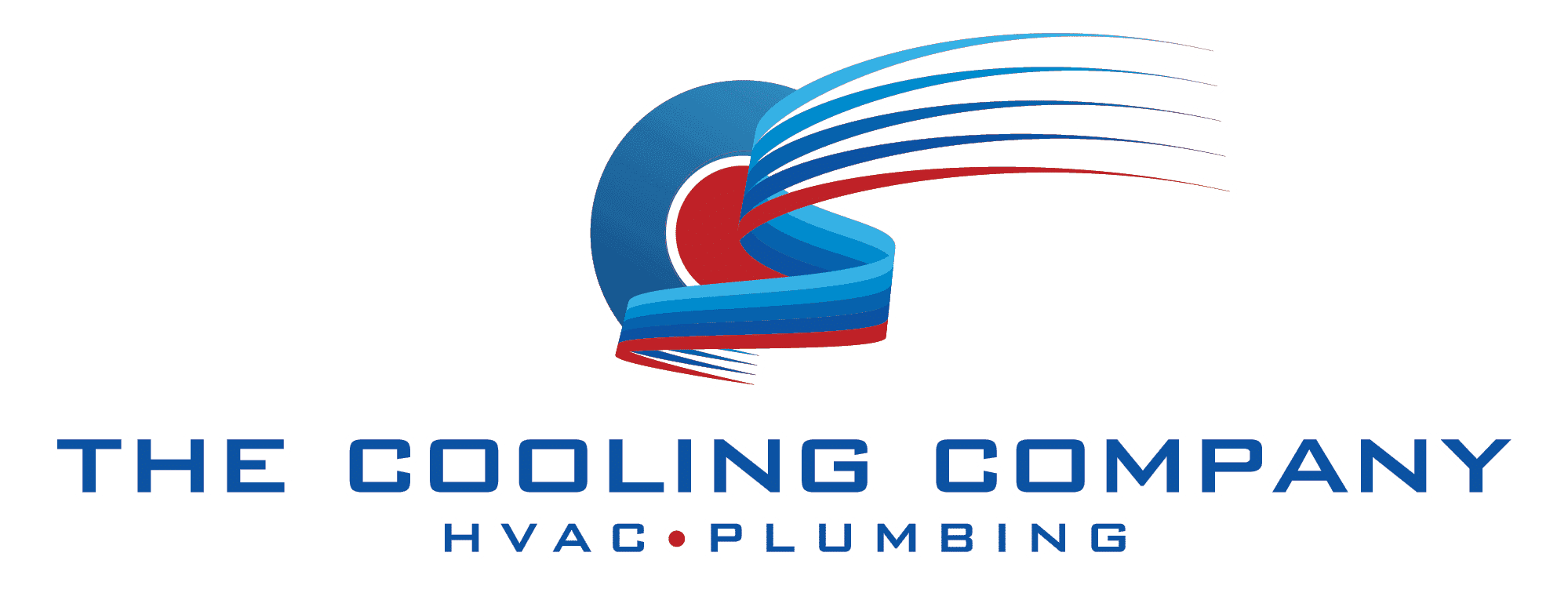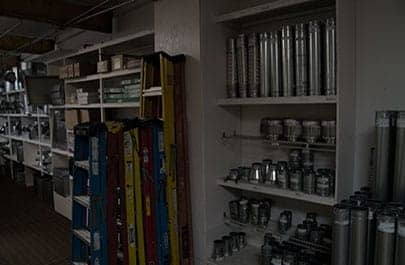Short answer: A question that comes up every fall, especially when the draft begins to creep in: should you upgrade your home insulation for the winter to winterize your residence? The answer is a resounding “yes!” Not only will it save you quite a chunk in your savings on energy bills, it will also make your home more comfortable, a well-sealed, weatherproofed sanctuary against the cold. However, before we get into the details, let’s talk about why this question comes up in the first place.
- increases air quality by preventing dust mites and mold from entering your home
- helps keep pests like rats and mice out
- prevents water damage caused by leaks
- makes your house quieter by reducing sound transfer through walls
- It keeps your house warm in the winter and cool in the summer
Why Does Insulation Matter?
your home’s energy efficiency, the answer is simple: insulation matters. Whether you’re looking for a place to cut costs on your utility bills or just want to make sure your family is safe and comfortable all year long, adding insulation can help you achieve both goals. So, go ahead and draft that plan to upgrade and winterize your home insulation!Insulation is essential for moderating your home's climate by ensuring you aren’t spending too much money on heating or cooling expenses. Worse yet, inadequate insulation could potentially lead to troublesome structural damage due to water damage, such as in the case of a poorly insulated crawl space or near water heaters often located in the garage. Your home's comfort and energy efficiency significantly depend on an appropriate amount of insulation. It’s one of the most important aspects of keeping your home snug year-round and can also augment your energy efficiency. That’s why ensuring you’re using the right type of insulation, like foam for example, for your home is of such crucial importance. Insufficient or inappropriate insulation could make it more challenging for you to keep each room in your house warm this winter! Insulation can best be described as a material designed to either contain or exclude heat by slowing down heat transfer from one side to the other. The content of this essential material often determines its effectiveness.
What Is Insulation?
Thanks to comprehensive information available, we know the most common types of insulation are: Fiberglass, which is typically easier to install and less expensive than other variants; Cellulose, made from recycled newspaper content; and rock wool, derived from crushed basalt rock that’s transformed into tiny fibres. Rock wool can be slightly more expensive but offers superior protection against moisture compared to other insulation varieties, particularly useful near water heaters or in the garage.- fiberglass
- cellulose
- rock wool

Why Do I Need It?
When contemplating an insulation upgrade for your home, it’s essential first to comprehend how insulation functions.How Does Insulation Work During the Winter?
Home insulation is a material designed to regulate thermal transitions. Most commonly, it’s used on the interior of walls and ceilings to prevent warm air from escaping through gaps and openings. Moreover, insulation can also be strategically installed on the exteriors of buildings, such as in attics or crawl spaces, where hot air tends to accumulate. As we consider the climate and insulation during the winter season, our primary thoughts revolve around retaining warmth inside our homes for comfort during colder months. However, this is merely half the story! Insulating your home correctly also helps to conserve energy by deterring cold air from entering, fabulous service to your comfort and pocket! Should you reside in a region where temperatures regularly plunge below freezing (32°F), upgrading your home insulation for winter is a wise choice. Besides helping to maintain a cozy climate indoors, it can prevent your pipes from freezing over time, mitigating extensive damage to your house’s structural integrity! The winter chill is in full swing, and insulating your home has crossed your mind. Perhaps you've learned it can help save on heating costs, but are pondering if it’s worth the investment? Consider this, insulation installed into your walls serves as a climate moderator for your home. It astray the cold while retaining the warm air within. Moreover, insulation prevents heat from escaping through the walls, meaning you could maintain a comfortable room temperature without exorbitantly high heating costs. In addition, insulation affects the rate at which your home cools during summer. Without insulation, heat can escape through open windows or doors and dissipated directly into the atmosphere. Insulation service prevents this, thus maintaining a comfortable climate in your home year-round.As a result, your house will stay hot for longer periods of time after being heated up by the sun, cooking appliances like stoves and ovens, or even a functioning furnace! Be sure to check outlets and other potential avenues that heat could escape, providing a comprehensive look at your home's heating situation. Insulation is especially important if you live in a location where temperatures drop below freezing regularly during winter months. Then installing new insulation in specific rooms or even basements could save you hundreds of dollars each year! We can provide recommendations based on your home's depth of insulation need, offering various options aimed at ensuring your comfort. You should upgrade your home insulation for the winter if:How to Tell When Your Home Insulation Needs to be Upgraded?
If any of these things, among others, ring true for your home's insulation situation, it might be time for a new layer of insulation!- Your home has an older roof with a single layer of shingles.
- You have a home that was built with no insulation in the walls or attic.
- If you live in a drafty house and feel cold when entering and exiting your home.
- Your energy bills are higher than usual.
- You see heat escaping from around windows or doors.
- You notice cold air coming through cracks in the wall when the weather gets cold.
How Does Insulation Affect Home Comfort in the Colder Months?
Insulation can also help reduce the noise from outside sources like traffic or neighbors within your walls. This can allow you to enjoy the sounds of nature or the sound of silence without distraction or interruption from outside noise sources such as traffic or other people’s voices. If you’re still not convinced that upgrading your insulation is worth it, consider this. According to Energy Star®, upgrading your home’s insulation can save up to $448 annually on heating costs alone and also extends the furnace's efficiency! It’s hard to imagine winter without a little warmth, but if your home is not properly insulated, it can be very difficult to maintain a comfortable temperature, regardless of your furnace's quality or the number of heated rooms. In fact, according to the US Department of Energy, a poorly insulated home can cost you up to 20% more in energy costs per year. That’s a lot! The correct insulation can help in reducing this cost significantly. So if you live in an area that gets cold in the winter, then getting your insulation checked out is a great idea. There are several types of insulation available, and they all have different benefits and drawbacks. Understanding what these options are is important before deciding which type is best for your home. The Cooling Company can help you determine if your home insulation is adequate to keep your family warm and comfortable during the winter. We have years of experience in home insulation. We know how to help you decide whether or not you need to upgrade your home’s insulation. We believe it’s important for homeowners to know what kind of insulation they have and how much energy their homes use. We also believe it’s important for homeowners to understand why their homes are using so much energy and what they can do about it. Our experts will help you understand these things and any other concerns or questions you may have about home insulation or energy usage. If you’re interested in getting a quote from The Cooling Company today, please contact us! We promise to look deeply into your insulation situation and provide pertinent recommendations to keep your home and family battles the cold weather efficiently. If you’re interested in getting a quote from The Cooling Company today, please contact us! You may also find these guides helpful:- Can Insulation Cut Energy Costs in Las Vegas?
- Sealing Windows: Simple Fixes That Make Your Home More Energy Efficient
- 5 Reasons to Install an Energy Efficient Heating System
Related service: Need heating help in Las Vegas? Explore our heating services and heating repair services for Las Vegas homeowners.
Need HVAC Service in Las Vegas?
The Cooling Company provides expert HVAC service throughout Las Vegas, Henderson, and North Las Vegas. Our licensed technicians deliver honest assessments, upfront pricing, and reliable results.
Call (702) 567-0707 or visit AC repair, maintenance, heating, or installation for details.


